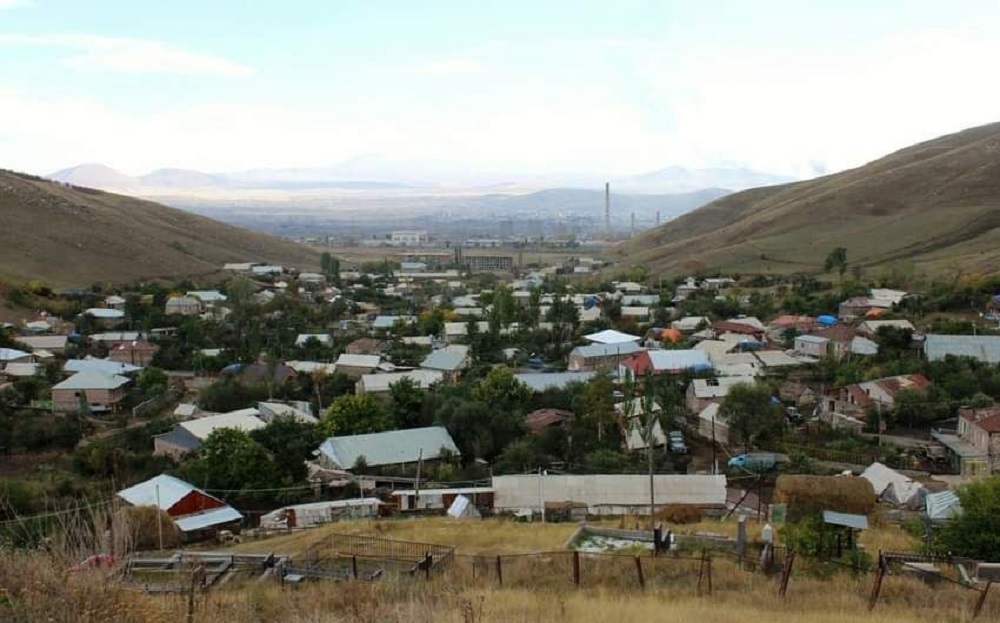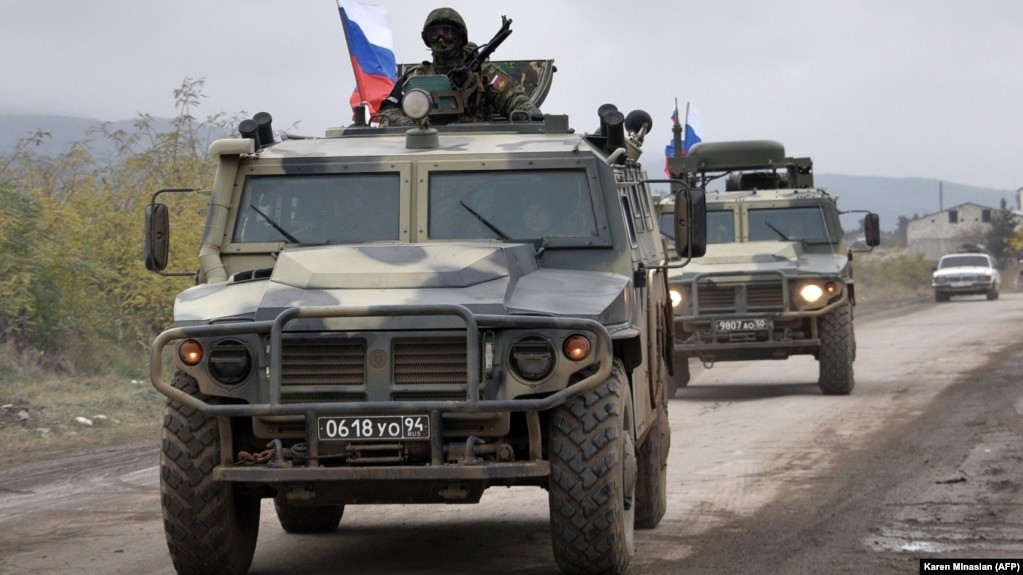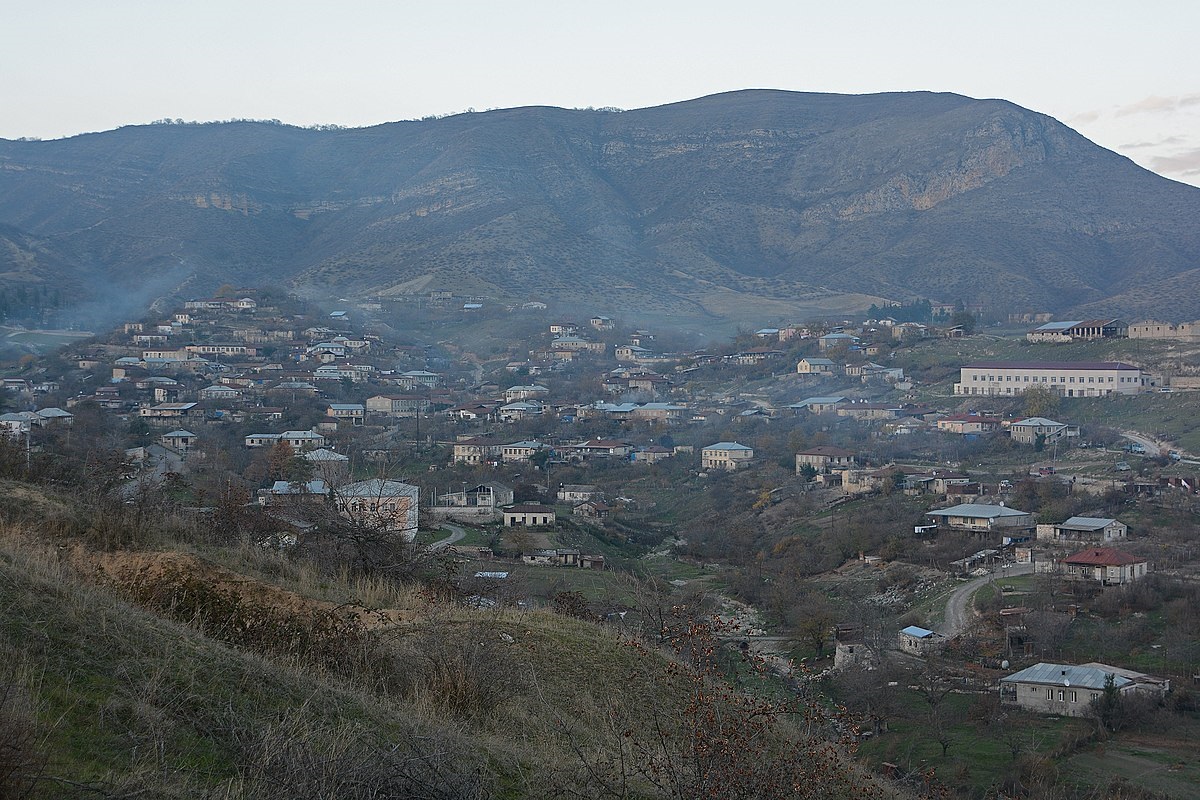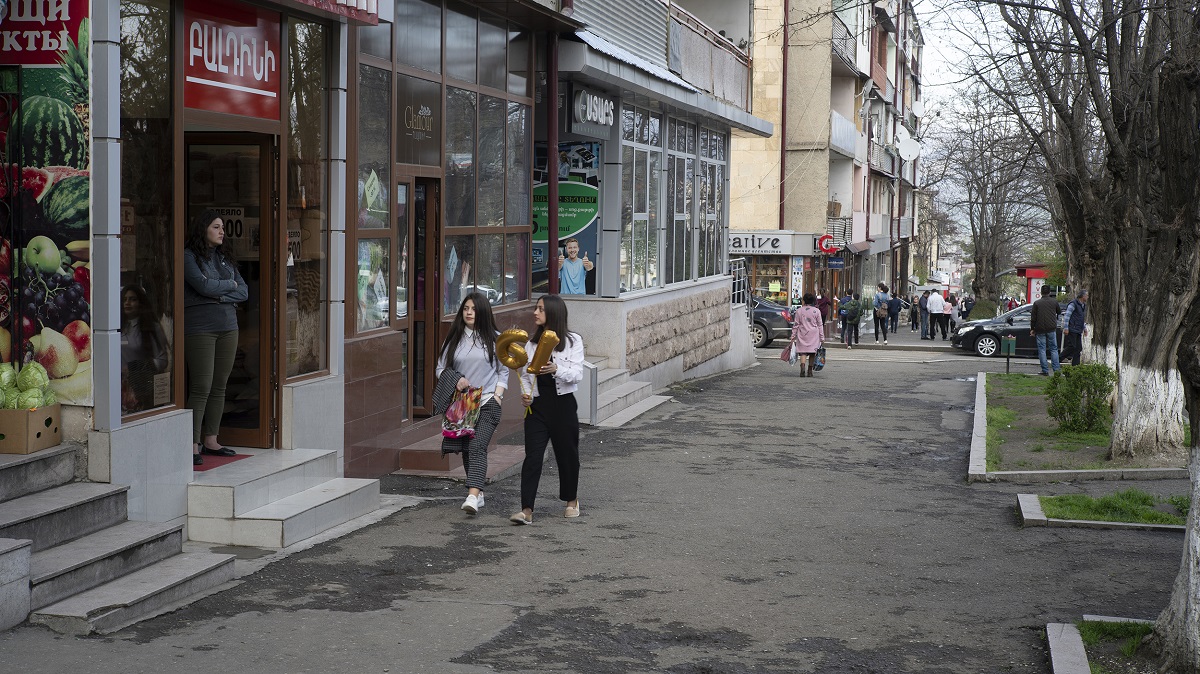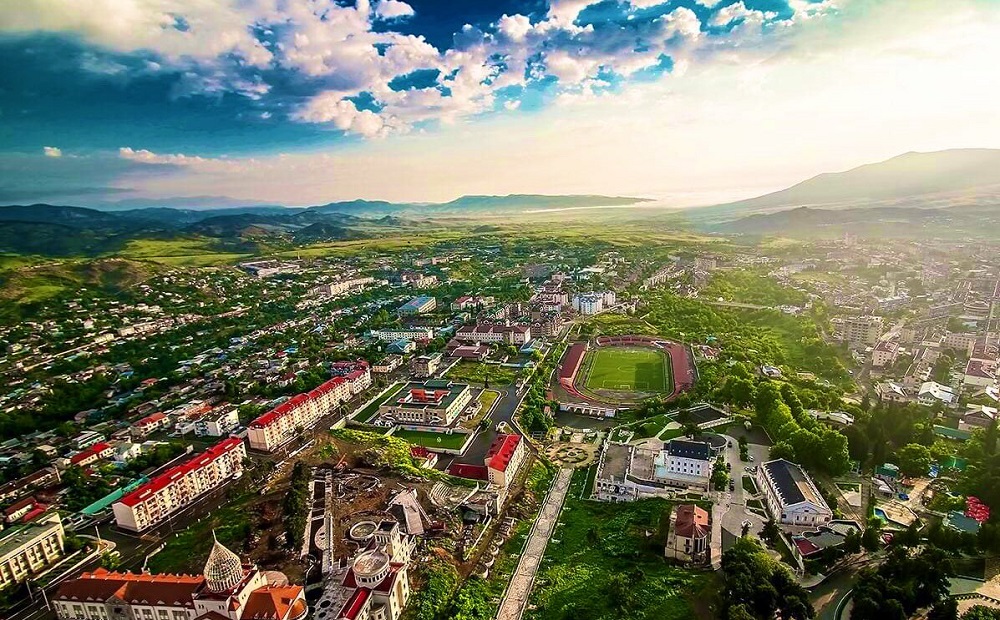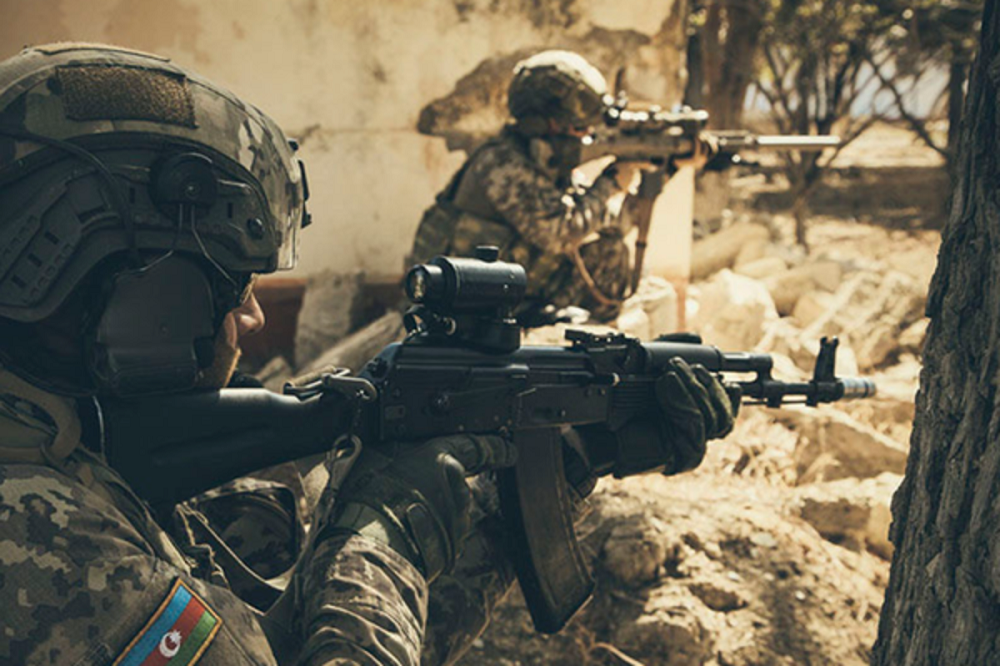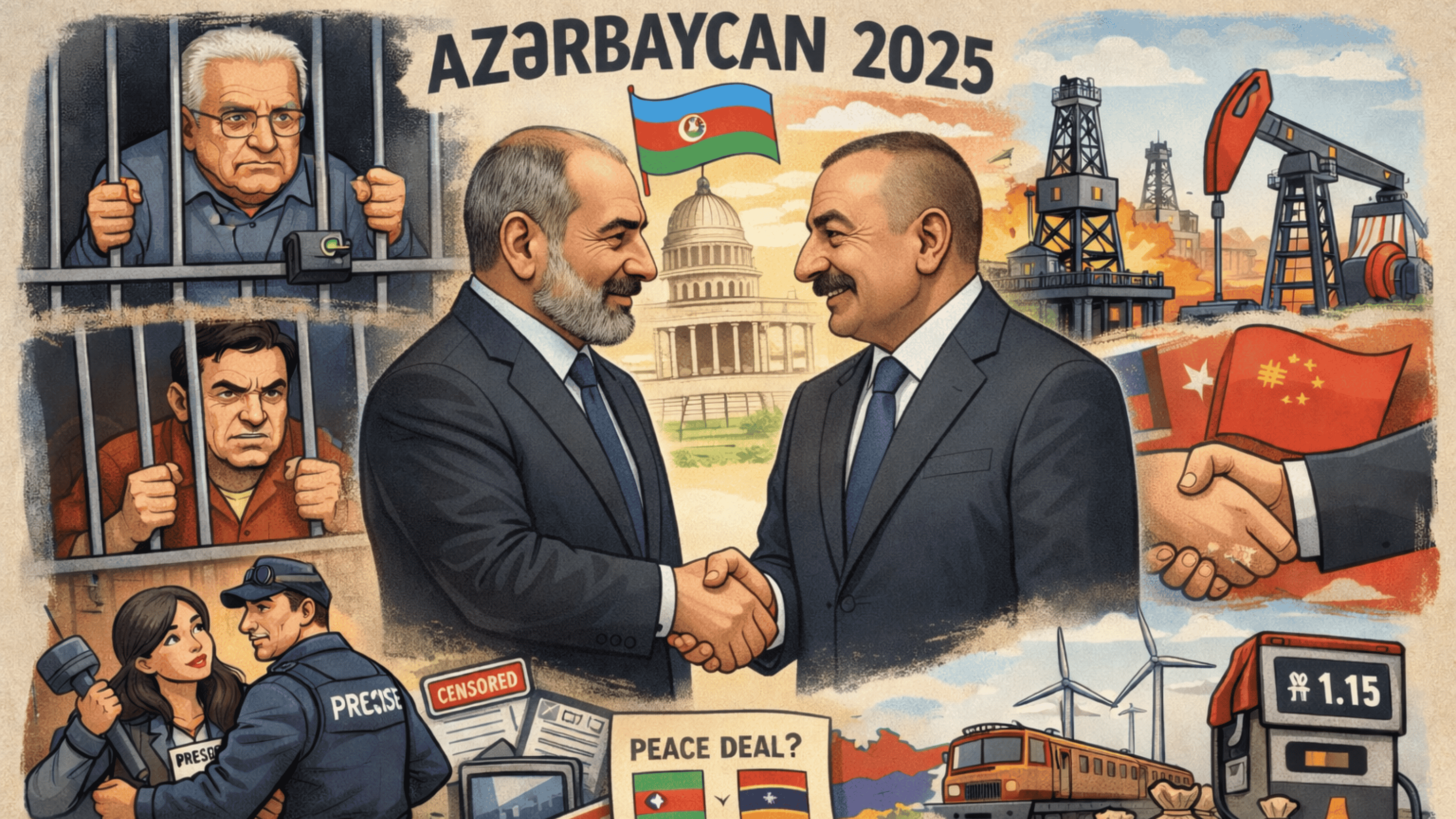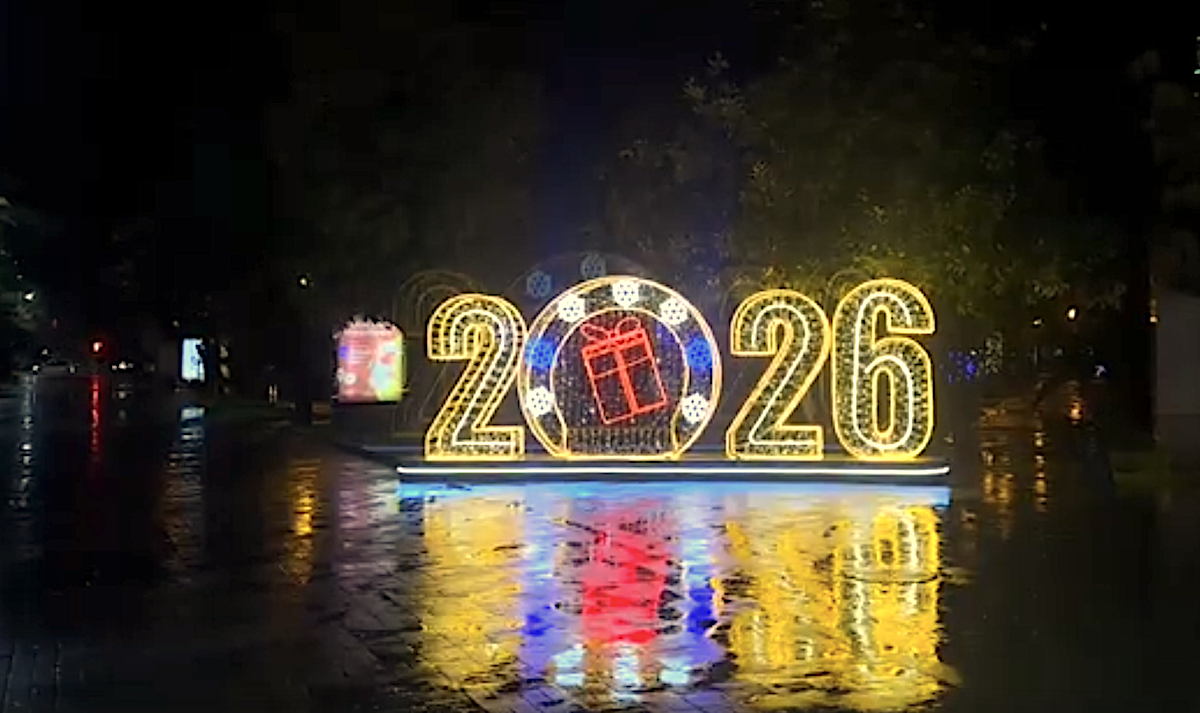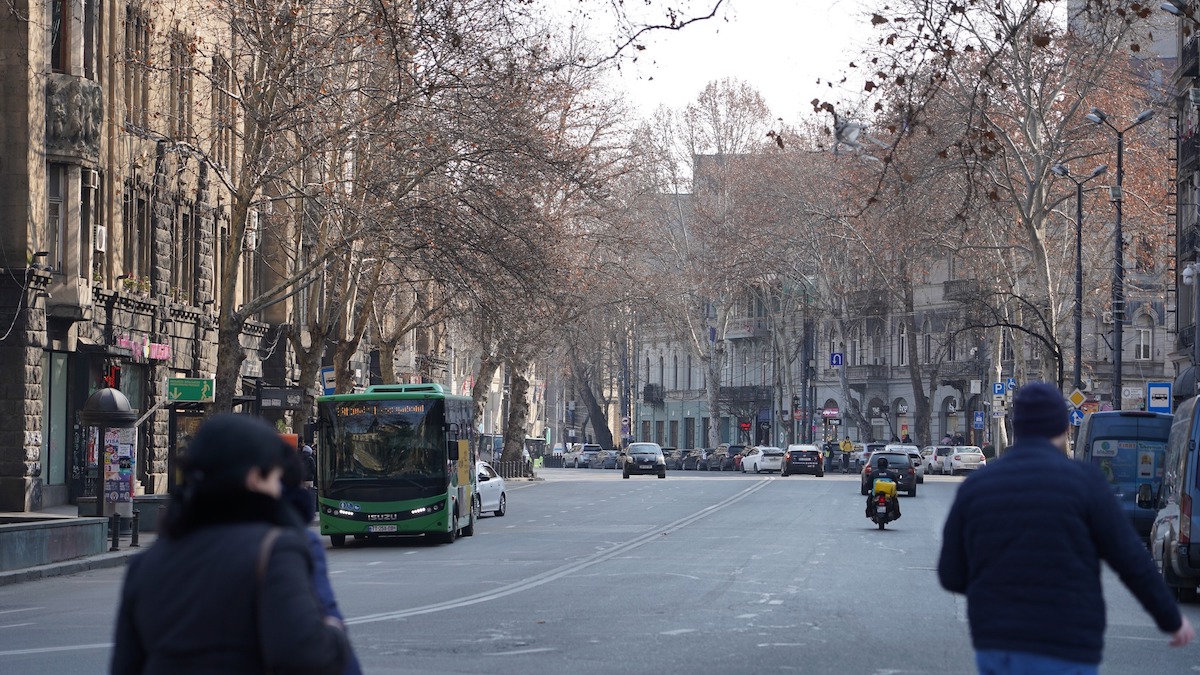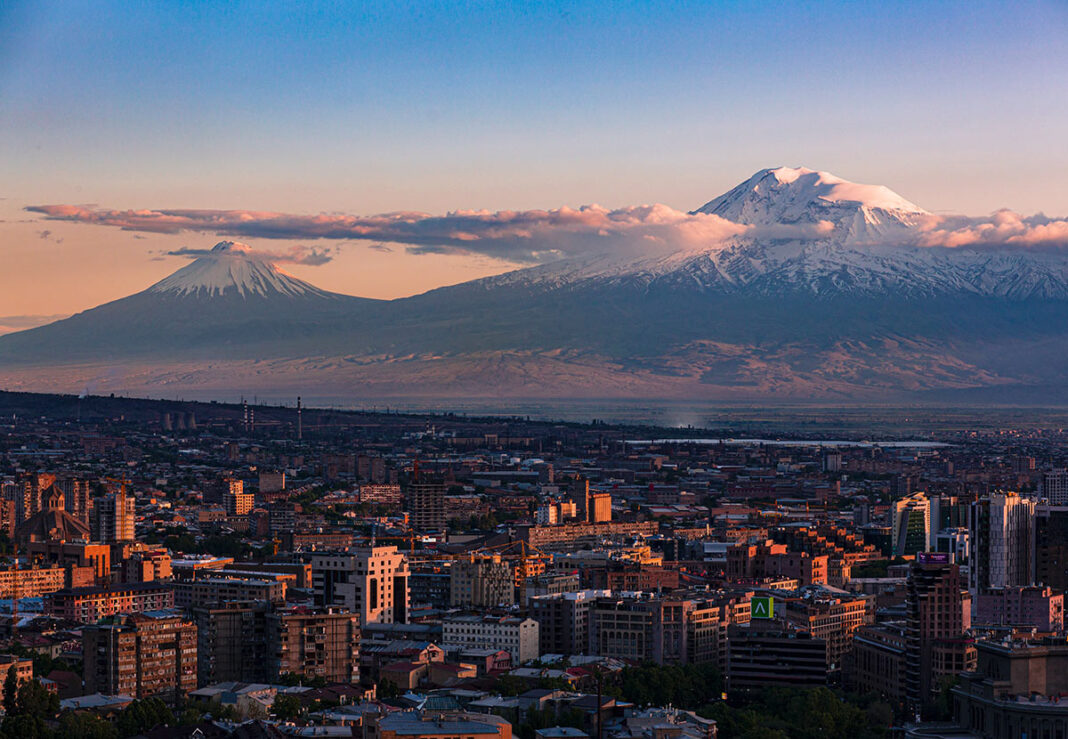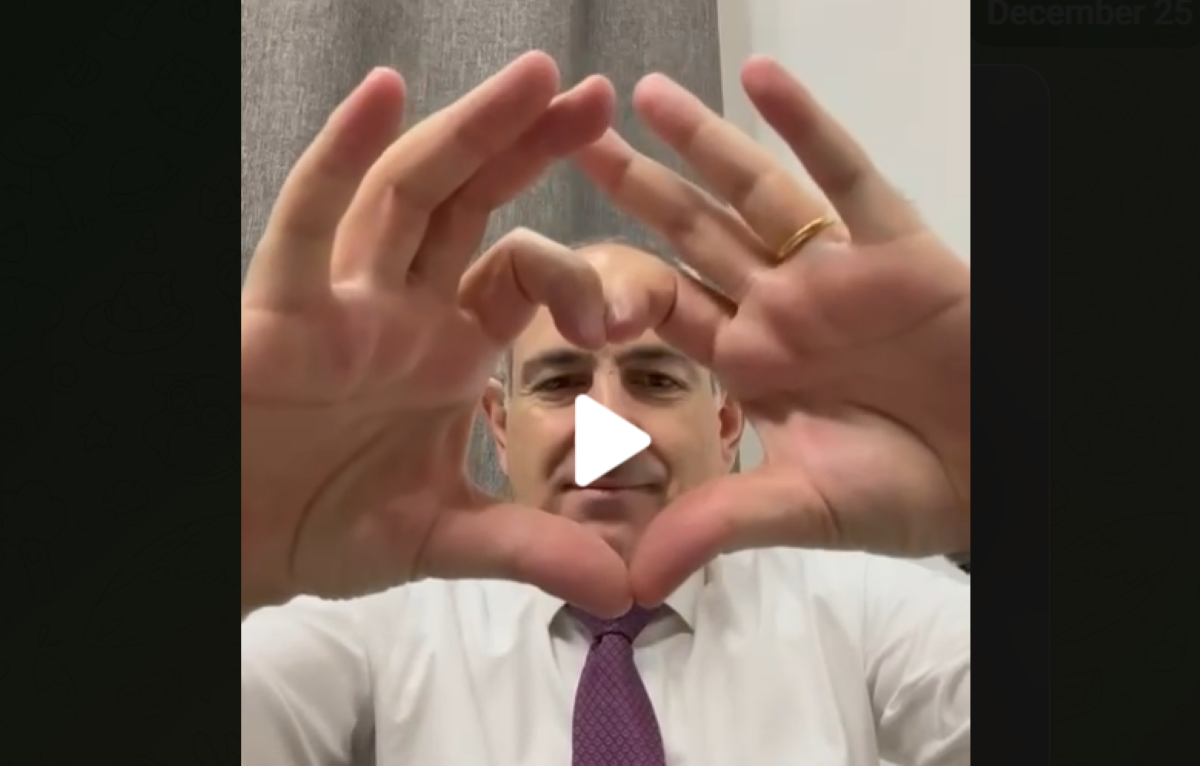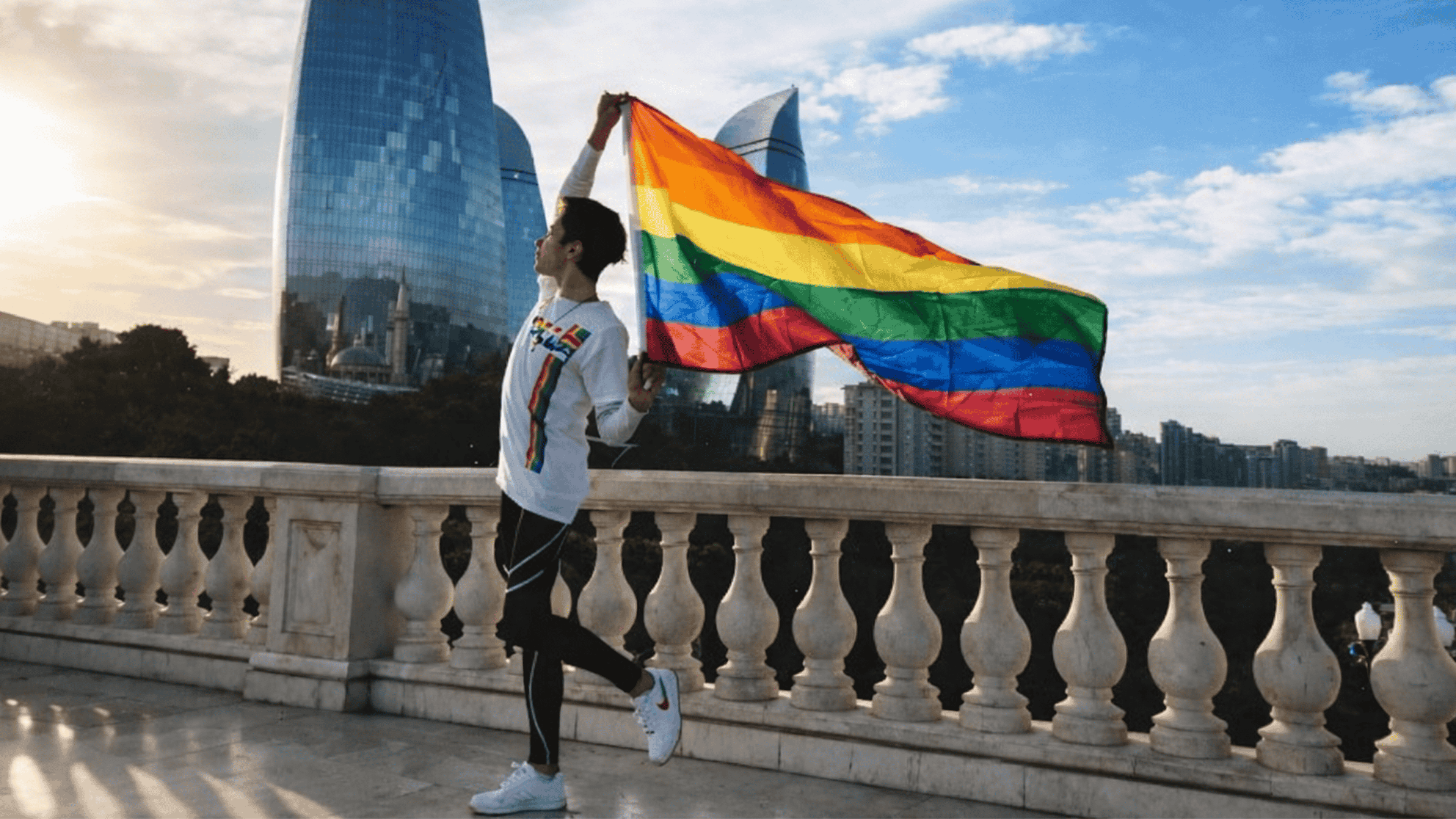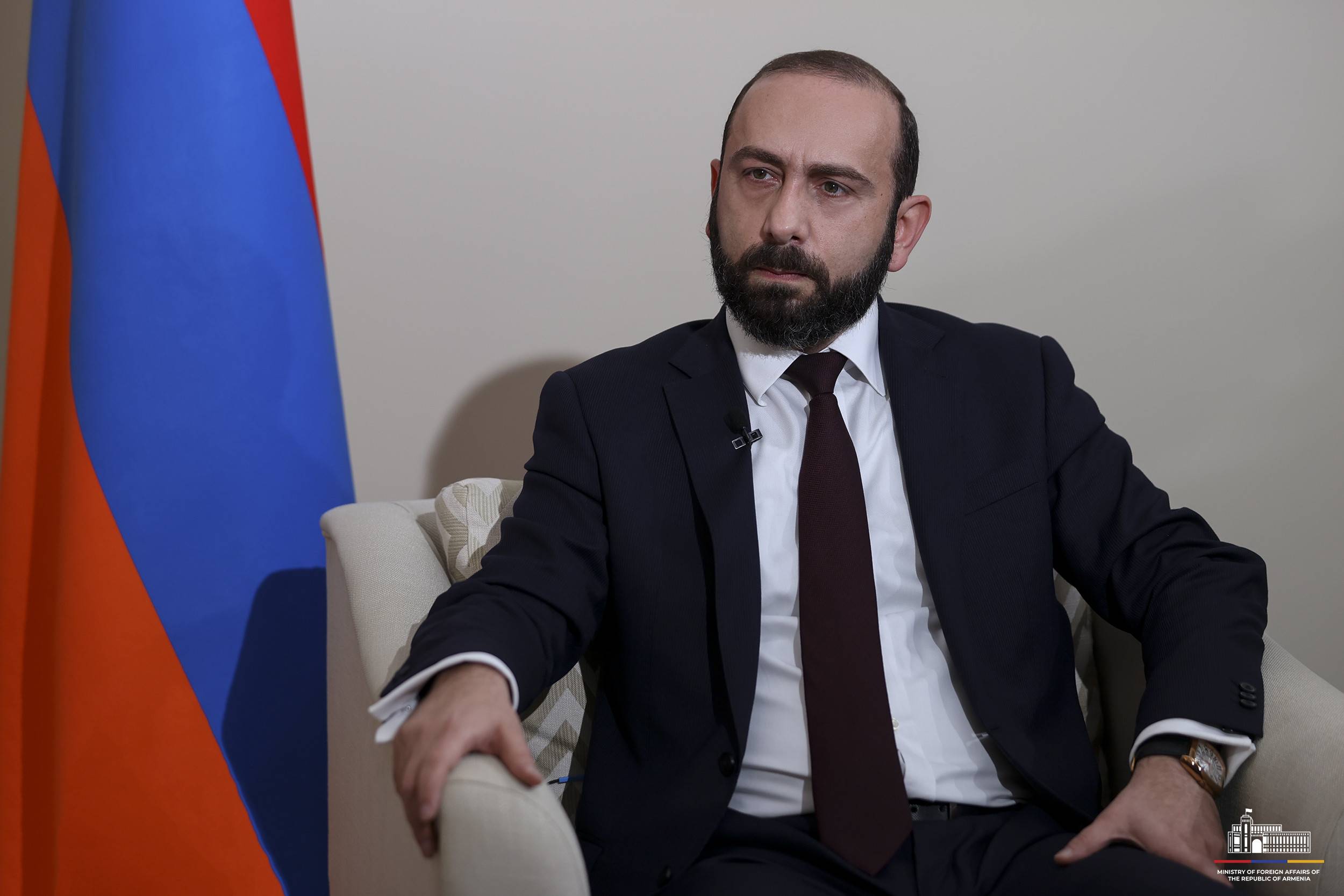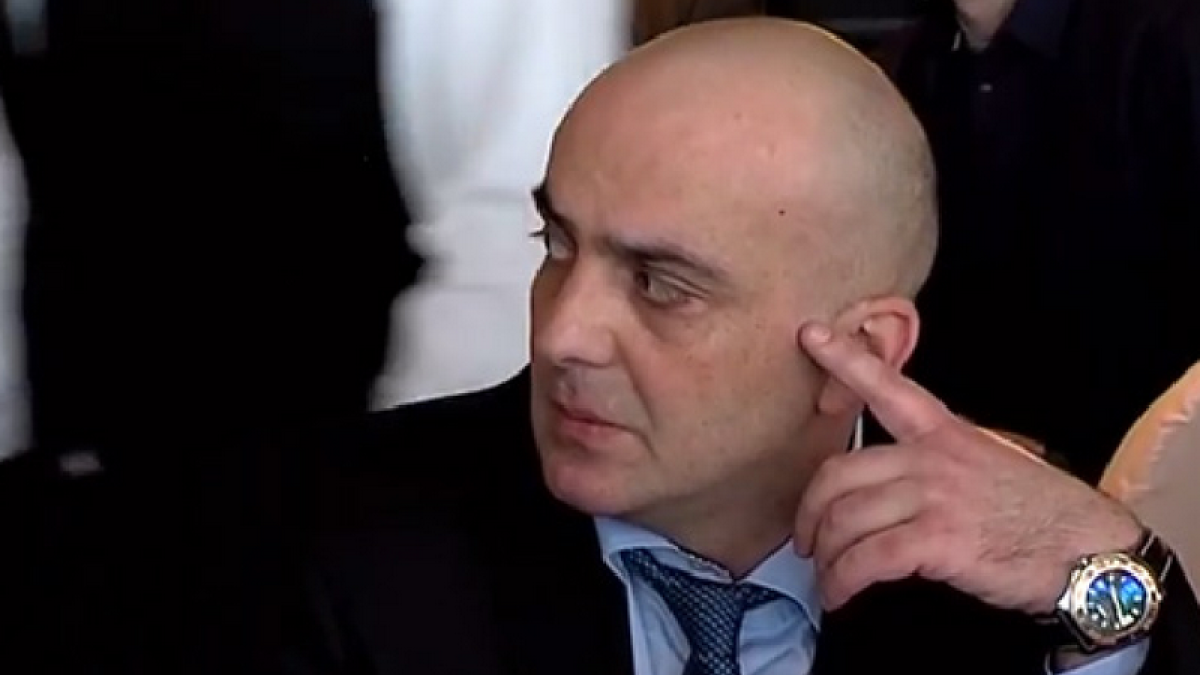Armenian-Azerbaijani talks in Brussels - is EU trying to get ahead of Moscow?
Pashinyan-Aliyev talks in Brussels
Trilateral talks between the leaders of Armenia and Azerbaijan were held in Brussels with the mediation of the head of the European Council. Before they began, Charles Michel discussed the EU-Armenia agenda separately with Nikol Pashinyan and the EU-Azerbaijani relations with Ilham Aliyev. On the evening of April 6, information was received from Brussels that Aliyev-Pashinyan would also hold bilateral talks.
- EU to host talks between Armenia and Azerbaijan in its 2nd attempt to find common ground for rivals
- Armenian PM: “Azerbaijan is trying to legitimize another war”
- Bone of contention: Baku, Yerevan’s interpretations of the 4th paragraph of the tripartite statement differ
Little information was released after the talks. It is known that the trilateral meeting was held in the format of a working dinner. The negotiations lasted almost 5 hours.
It is reported that issues related to the implementation of the agreements reached earlier were discussed – these are the points of statements signed on November 9, 2020, January 11, 2021 and November 26, 2021, as well as the agreements reached at the previous trilateral meeting in Brussels on December 14.
In addition, as a result of the meeting, an agreement was reached to create a bilateral commission on the delimitation of the Armenian-Azerbaijani border by the end of April. It will also have the authority to ensure security and stability along the border.2
The official final report also says that the Prime Minister of Armenia and the President of Azerbaijan instructed the foreign ministers to begin preparations for peace.
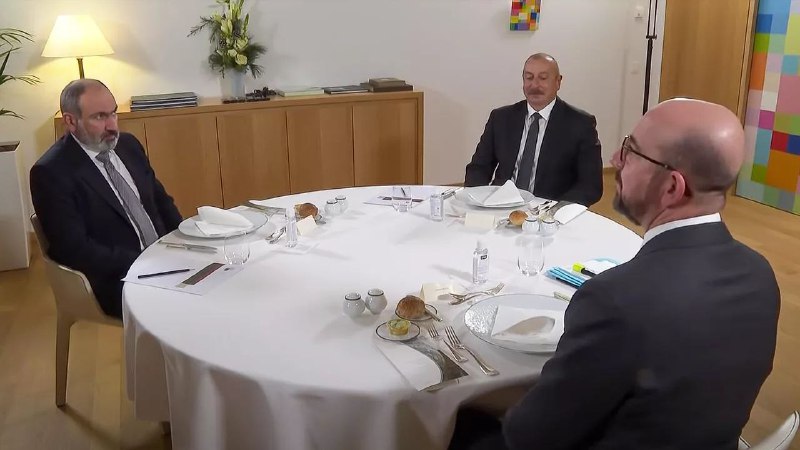
It is noteworthy that the visit of the Prime Minister of Armenia to Moscow, where negotiations with the President of Russia are to be held, is also planned in early April. And on April 8, the meeting of the Minister of Foreign Affairs of Armenia with his Russian counterpart has already been announced. In this regard, Armenian experts started talking about a possible attempt by the European Union to seize the initiative and get ahead of Moscow.
The previous negotiations between Aliyev and Pashinyan in Brussels, both in a trilateral and bilateral format, took place on December 14 last year. By their end, the head of the European Council made a statement on their results, emphasizing the importance of restoring communications between Armenia and Azerbaijan and in the South Caucasus region as a whole. The statement also said that a decision had been made to restore the railway lines, and the European Council expressed its readiness to support the unblocking of communications.
Reports from Yerevan
It is known that the prime minister first met with the head of the European Council, Charles Michel, and then participated in a trilateral one.
These negotiations took place amid a rather tense situation in Armenia-Azerbaijan relations and an escalation in Nagorno-Karabakh. After the end of the meeting, at about 2 a.m., the government press service reported that during the talks Nikol Pashinyan touched on the situation in NK and the humanitarian problems caused by the recent actions of the Azerbaijani units.
Since the beginning of March, gas supply problems began in NK due to an accident on the gas pipeline through which gas is supplied here from Armenia. At first, the Azerbaijani side did not allow Armenian specialists to restore the pipeline, then it repaired it itself, but problems with gas supply continued. This led to a humanitarian crisis, since bakeries could not work, houses, hospitals, kindergartens, and schools were not heated, despite the onset of cold weather.
In addition, on March 24, the Azerbaijani Armed Forces took a strategically important height on the line of contact in Nagorno-Karabakh in the zone of responsibility of Russian peacekeepers, taking advantage of their inaction. The Armenian side unsuccessfully continues to demand the return of the Azerbaijani Armed Forces to their original positions. Nikol Pashinyan announced the need to investigate the “actions or inaction” of the peacekeeping contingent.
Armenian experts expected that during the talks the parties would discuss the signing of a peace treaty. Azerbaijan has previously outlined 5 points on which a peace agreement with Armenia should be based. The Prime Minister and the Foreign Minister of Armenia stated that there was nothing unacceptable for Yerevan in these points, but they did not cover the entire agenda of Armenian-Azerbaijani relations.
As local political analysts point out, the problem is that Armenia insists on resolving the Nagorno-Karabakh question and ensuring the security of NK Armenians, while the President of Azerbaijan declares that the Karabakh conflict has already been resolved by military means.
In this regard, the Armenian experts stated in advance that they do not expect serious results from the meeting. Even less optimistic are their forecasts regarding the signing of a peace agreement in the near future.
And the report on the results of the talks only says that “the Prime Minister of Armenia and the President of Azerbaijan instructed the foreign ministers to begin preparatory work for peace talks”.
What preceded the meeting – opposition rally, statement from NK, conversation with Blinken
On the evening of May 5, the opposition parliamentary factions “Hayastan” (Armenia) and “I Have the Honor” organized a rally. The main demand of the protest was to prevent the flawed policy of the current authorities to abandon NK, surrender the territories of Armenia and “beg for peace”. Instead, the rally participants proposed to strengthen the army and the country’s defense capability.
The demands stated there can be considered a message for the Armenian Prime Minister on the eve of the meeting in Brussels with the President of Azerbaijan:
- exclude the entry of Nagorno-Karabakh into Azerbaijan with any status,
- guarantee the security of Armenia and Nagorno-Karabakh.
At the same time as the rally was taking place, the parliament of the unrecognized NKR adopted a statement stating the need to “form a nationwide unity around issues related to the fate of Artsakh at the all-Armenian level”.
It emphasizes the fact that, according to the constitution, Armenia is the guarantor of the security of NK. The authors of the statement believe that ensuring the security of Nagorno-Karabakh and the formation of unity can create sufficient conditions for confronting regional challenges and protecting national interests.
“In this difficult period of geopolitical realities, when Azerbaijan, trying to bring the activities of the Russian peacekeeping mission to failure, continues to periodically shell Armenian settlements, blows up a gas pipeline, tries to terrorize civilians living in its native land, continues to seize new territories, the National Assembly of the Republic of Artsakh confirms the will and determination of the people of Artsakh, the vision of the national liberation struggle that began in 1988, arising from the right to a free life in their historical homeland. […]
As a result of the war imposed on us on September 27, 2020 and lasting 44 days, we suffered human and territorial losses. However, nothing and no one can deprive us of the right to self-determination and the right to control our own destiny”, the statement says.
On the evening of April 5, Armenian media reported on a telephone conversation between the US Secretary of State and the Prime Minister of Armenia, during which the upcoming meeting with Aliyev in Brussels was discussed. Nikol Pashinyan and Anthony Blinken also discussed the processes taking place in the South Caucasus as a whole, the growing tension around Nagorno-Karabakh and spoke about the need to establish stability and peace in the region.
State Department spokesman Ned Price also relayed details of the conversation. According to his report, the Secretary of State emphasized that “now is not the time for further escalation in the region”. Blinken “reaffirmed the US readiness to help countries by engaging bilaterally and with like-minded partners, including as a co-chair of the OSCE Minsk Group, to achieve a long-term comprehensive peace.”
Reports from Baku
The return of the bodies and remains of those missing during the years of the first Karabakh war is one of the main topics in the negotiations with the participation of the Azerbaijani and Armenian sides.
According to the State Commission for the Affairs of Prisoners of War, Hostages and Missing Citizens of Azerbaijan, 3,890 people went missing during the first Karabakh war, and six during the second.
“Over the past year, Armenia handed over to Azerbaijan the remains of 108 people who went missing during the first Karabakh war”, said Eldar Samedov, deputy head of the working group of the state commission.
According to him, the Armenian side handed over to Azerbaijan the remains of the bodies in a mixed form. “The remains were recovered mainly from places where groundwater flows. Therefore, obtaining DNA samples from these remains is very difficult. At the final stage, accurate information on the number of remains of the bodies will be provided”, he added.
The other day, while carrying out road works near the village of Farrukh, Khojaly region – in the eastern part of the territory of Karabakh, where Russian peacekeepers are stationed, Azerbaijani servicemen discovered a mass grave. The Azerbaijani Armed Forces occupied this village and the nearby height of Dashbashi on March 24, 2022.
The remains of dozens of people were found in a mass grave.
In this regard, the State Commission for the Affairs of Prisoners of War, Hostages and Missing Citizens of Azerbaijan has published a list of missing servicemen of the Azerbaijani Armed Forces in the battles near the village of Farrukh during the first Karabakh war. There are 62 names on the list.
The press service of the Military Prosecutor’s Office of Azerbaijan stated that a significant number of remains were exhumed from the discovered mass graves, presumably belonging to persons who went missing during the first Karabakh war.
Forensic and molecular genetic examinations were appointed.
“The Military Prosecutor’s Office of Azerbaijan continues investigative and operational activities in a criminal case being investigated under the relevant articles of the Criminal Code in connection with the facts of war, terrorism, premeditated murder and other crimes against peace and humanity committed by the armed forces of Armenia and illegal Armenian armed groups against our people ”, military prosecutor’s office stated.










